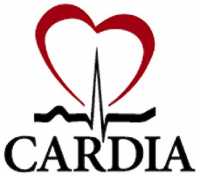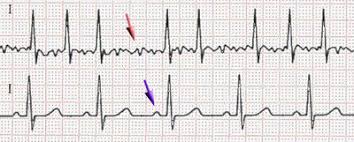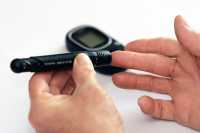Author Interviews, Blood Pressure - Hypertension, Columbia, Heart Disease, JAMA / 17.02.2020
Hypertension Treatments with Chlorthalidone vs HCTZ: Cardiac and Safety Outcomes
MedicalResearch.com Interview with:
George Hripcsak, MD, MS
Vivian Beaumont Allen Professor of Biomedical Informatics
Chair, Department of Biomedical Informatics
Columbia University
Director, Medical Informatics Services
NewYork-Presbyterian Hospital/Columbia
MedicalResearch.com: What is the background for this study?
Response: Diuretics are considered among the best drugs to treat hypertension, but there are no randomized studies to tell us which diuretic is best. Hydrochlorothiazide is the most frequently used diuretic for hypertension, but another drug, chlorthalidone, is gaining favor, with the most recent US hypertension guideline expressing a preference for it. Chlorthalidone is known to be longer acting and therefore perhaps more effective. Other (non-randomized) studies have been inconsistent, and some of them imply that chlorthalidone may be more effective. But other studies have shown that chlorthalidone may have more side effects.
(more…)





 Deborah M Eaton
Doctorate Student / Research Assistant
Temple University
MedicalResearch.com: What is the background for this study?
Response: Heart failure (HF) with preserved ejection fraction (HFpEF) accounts for approximately 50% of cases of HF and to date clinical trials with HFpEF patients have failed to produce positive outcomes. Part of this is likely due to the lack of HFpEF animal models for preclinical testing. Our lab addressed this gap in knowledge by developing an animal model that mimics critical features of the human HFpEF phenotype. We performed an in-depth cardiopulmonary characterization highlighting that the model has characteristics of human disease. We then tested the effects of a pan-HDAC inhibitor, vorinostat/SAHA, in collaboration with Dr. Timothy McKinsey, who is an expert in HDAC inhibitors and recently published work1 that laid the foundation for this study.
Deborah M Eaton
Doctorate Student / Research Assistant
Temple University
MedicalResearch.com: What is the background for this study?
Response: Heart failure (HF) with preserved ejection fraction (HFpEF) accounts for approximately 50% of cases of HF and to date clinical trials with HFpEF patients have failed to produce positive outcomes. Part of this is likely due to the lack of HFpEF animal models for preclinical testing. Our lab addressed this gap in knowledge by developing an animal model that mimics critical features of the human HFpEF phenotype. We performed an in-depth cardiopulmonary characterization highlighting that the model has characteristics of human disease. We then tested the effects of a pan-HDAC inhibitor, vorinostat/SAHA, in collaboration with Dr. Timothy McKinsey, who is an expert in HDAC inhibitors and recently published work1 that laid the foundation for this study. 
























